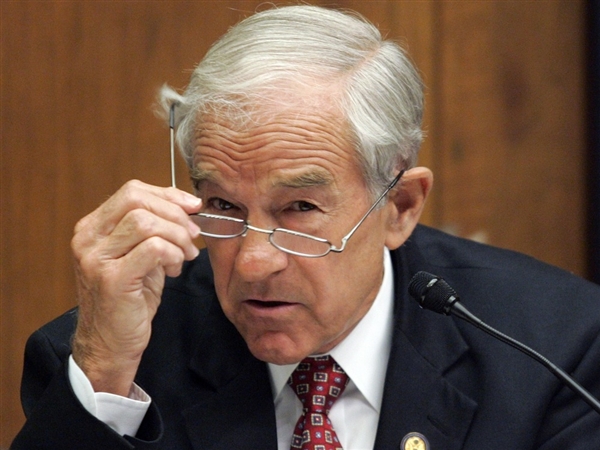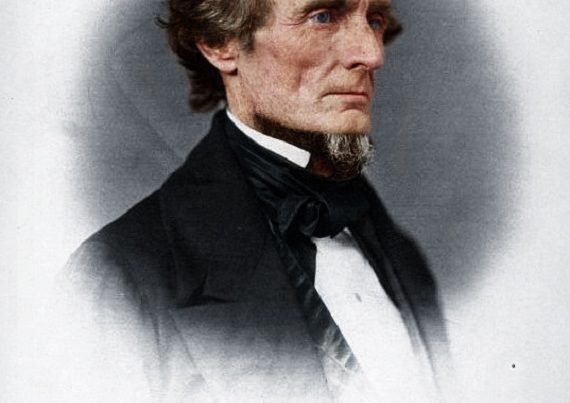Ron Paul recently opined about Scotland’s recent flirtation with seceding from the United Kingdom. He wrote that the:
possibility that people will break away from an oppressive government is one of the most effective checks on the growth of government. It is no coincidence that the transformation of America from a limited republic to a monolithic welfare-warfare state coincided with the discrediting of secession as an appropriate response to excessive government. Devolving government into smaller units promotes economic growth. The smaller the size of government, the less power it has to hobble free enterprise with taxes and regulations.
So far so good. However, when interviewed by the National Journal about his essay, Ron Paul defaulted to the establishment anti-secession position. He claimed that secessionist movements would not succeed and that “[b]y our history, the heavy hand of the federal government would come down” and that “[t]hey’d probably shoot ’em.” The value of secession, according to Paul, is “[e]ven if we never had any secession, or any state declare independence, we would be so much better off, because there would always be this threat. Once the threat of a state leaving was removed, it was just open-door policy for the federal government to expand itself and run roughshod out over the states because the states couldn’t do much.”
I don’t consider Paul’s comments in the NJ interview to be very insightful for several reasons.
First, it is dismissive of the constitutional (and natural) right to secede. Consider this. If the US Government’s response to secession is force and violence, is that response to be taken at face value? Doesn’t the prospect of a violent response call into question the very notion of government based upon the consent of the governed and make the argument for secession even more persuasive?
Second, what good is the threat of secession if the threat is a bluff not to be taken seriously? Why would any individual, or for that matter State, go through the herculean efforts to secede if those efforts are merely a ploy to persuade an oppressive regime to be a bit less oppressive? Especially when the oppressors know that it’s merely a ploy not to be taken seriously.
Third, it’s not a forgone conclusion that the US Government’s response to secession would be violent. The prospects of peaceful secession is a possibility if not a probability contingent on developing circumstances. Even if the response is violent, should the States wanting to secede roll over and capitulate. That certainly was not the response of secessionist leaders from the British Empire in 1776, and neither should it be the response of their counterparts today.
Fourth, I would argue that 2014 is not 1776 for the simple reason that Mother Country was much less oppressive and threatening to the liberty and dignity of the 18th Century Americans. What we confront today is not a regime merely pressing for economic advantage, but a regime striking at the core of Christian Civilization, human dignity, and the control of individuals from the cradle to the grave.
And fifth, I maintain that in 2014 we are past the constitutional arguments and in the realm of “in the Course of Human Events.” What that means is that we need not be preoccupied with what the US Constitution allows or disallows regarding secession. We need not even rely on the States as the mechanisms for secession. There are other models to be considered in operationalizing separation from a dominant ruling class hell-bent on transforming self-governing individuals “endowed by their Creator with certain unalienable Rights” into animalistic production units.
Ron Paul, bless his heart, has the correct instincts but not necessarily the requisite understanding that we are on the cusp of a paradigm shift, a shift so significant that many if not most Americans reject secession not because they embrace liberty, but because they fear and despise it.
Call it what you will, secession, revolution, whatever. But one thing is clear in my mind. If Ron Paul is considered to be a leading light on liberty, then we are, indeed, living in the dark ages of American politics.







